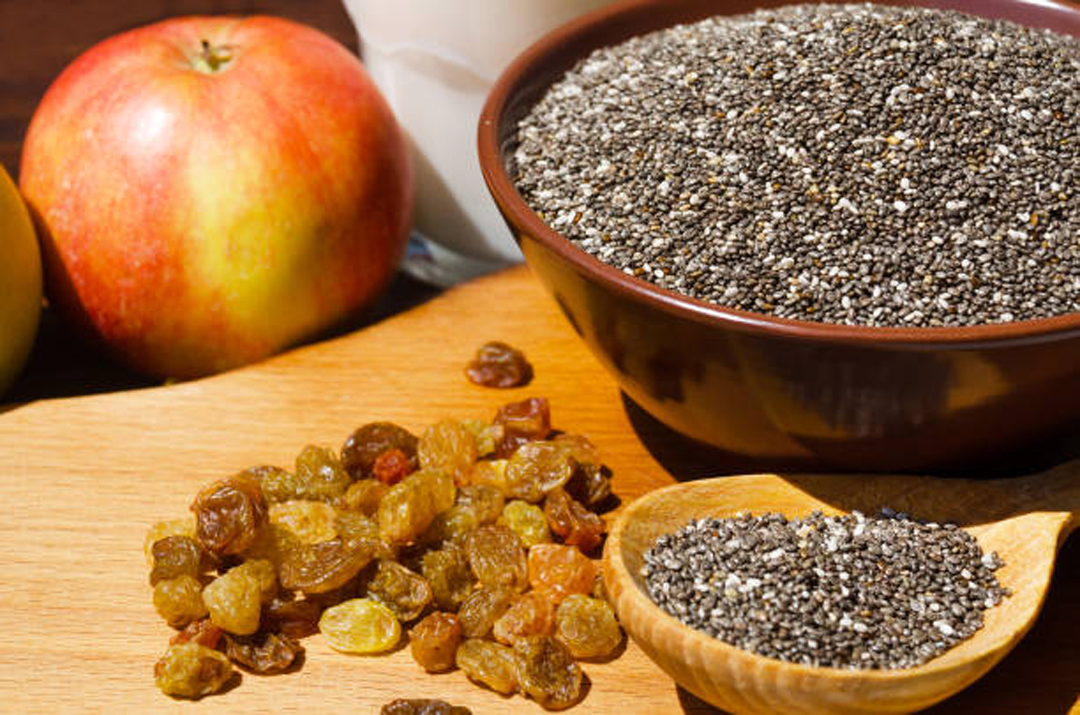Some people mistakenly believe that if they’ve had bad health habits all their lives, it won’t help to change now. But you can prevent and in some cases even reverse damage to your heart no matter how old you are. And since heart disease is the number-one killer in America, it makes sense to do what you can to prevent it.
Four major lifestyle changes
The changes that can make an enormous difference in preventing heart disease
• Stop smoking
Smoking is the greatest risk factor for coronary artery disease. It increases the chance of heart attack by 250%.
Even if you’ve smoked for years, stopping will improve your health. Heart rate and blood pressure will return to normal, and the risk of heart attack will fall until it matches that of people who never smoked.
• Reduce blood cholesterol
The most effective way to do this is by watching your diet. It isn’t just cholesterol in food that raises levels in blood; it’s the saturated fat which stimulates the body to produce its own harmful cholesterol. The average American gets 37% of daily calories from fat. A much healthier level would be 30% or 15%.
Helpful: New food labeling regulations make it easier to estimate the fat content of the foods you eat.
Cholesterol reduction diet: Cut back on desserts and animal products eggs, meat, cheese and other whole dairy products. Increase your intake of vegetables, dried beans and whole grains. Switch from using butter or margarine in cooking to small amounts of olive oil, which appears to reduce “bad” LDL cholesterol but not “good” HDL cholesterol.
• Exercise
Exercise benefits the cardiovascular system by strengthening the heart muscle, improving circulation, raising HDL and lowering LDL cholesterol, reducing stress on arteries and fighting the formation of blood clots.
The best kind of exercise for the heart is aerobic the kind that uses the large muscle groups for prolonged periods of time.
Examples: Biking, swimming, fast walking, running, stair climbing, rowing, racquet sports. You’re exerting yourself at the right level if you work up a sweat but don’t feel out of breath. Any amount of exercise is helpful even an hour a week. But you’ll reap greater benefits if you work up to a total of at least three to four hours a week.
• Lower your blood pressure
One-fourth of American adults and half of those over age 60 have high blood pressure, also known as hypertension. High blood pressure strains the heart muscle and damages the arterial wall, making people with hypertension more than twice as likely as others to have heart attacks. The best way to lower blood pressure is to get the correct amount of minerals in your diet…
• Reduce sodium
Aim for less than 1,500 milligrams of sodium per day. Check food labels for sodium content. Sodium comes in many guises the familiar table salt, as well as baking powder, baking soda, monosodium glutamate and soy sauce. Snack foods and processed foods tend to be especially high in sodium.
• Increase potassium and calcium

Many fresh fruits and vegetables are rich in potassium, including bananas, dates, oranges, cantaloupe, apples, raisins, potatoes, winter squash, lima beans, beets and broccoli. Healthful calcium-rich foods include skim milk, broccoli, spinach, fish and soybean products particularly tofu.
Other ways to help your heart
In addition to these four basic lifestyle changes for heart health, research suggests several other behaviors that may help to prevent heart disease…
• Take aspirin
Aspirin reduces blood clotting and has been shown to lower risk of a second heart attack. It’s possible that aspirin may help to prevent a first heart attack as well.
Recommended dose: One baby aspirin a day, or one adult aspirin tablet every other day.
Caution: Check with your doctor before taking aspirin regularly. People who have ulcers, excessive bleeding or who are on other medications may need to avoid aspirin.
• Eat fiber
Numerous studies suggest that water-soluble fiber the kind found in oat bran and also barley, prunes, beans and other legumes reduces LDL cholesterol in the blood.
• Eat fish
Two to three servings of fish per week can reduce heart disease risk by about 40%. Fish contains omega-3 fatty acids, which lower LDL and raise HDL, and may also reduce blood clotting and inflammation in the arterial walls.
• Avoid secondhand cigarette smoke
“Passive” smoking is thought to cause up to 35,000 deaths from heart attack in the US each year. At highest risk are people who live with someone who smoke or who work in smoke filled environments. Try to reduce exposure as much as possible ask smokers to consider your safety or even leave the room when someone is smoking, if you must.
• Take antioxidant vitamins
There’s some evidence that vitamins C, E and beta-carotene which seem to fight the dangerous effects of unstable molecules in the body called free radicals lower the risk of heart disease.
If you take supplements, stick to moderate doses 1,000 milligrams of vitamin C, 400 international units of vitamin E and 10,000 international units of beta-carotene.
Caution: One study found that smokers who took beta-carotene supplements had a higher rate of death from lung cancer so until further research is done, smokers should probably avoid these supplements.
• Learn to cope with stress
The link between emotional strain and heart disease is difficult to prove. However, if you’re prone to anxiety or depression, learn more about stress fighters yoga, meditation, deep breathing or psychotherapy. You will be helping your heart and you’ll certainly enjoy life more.







